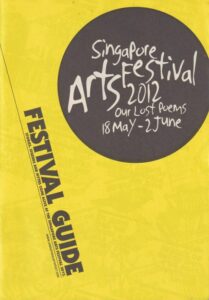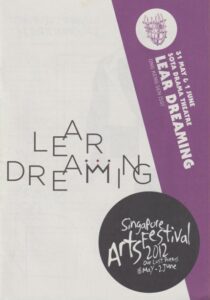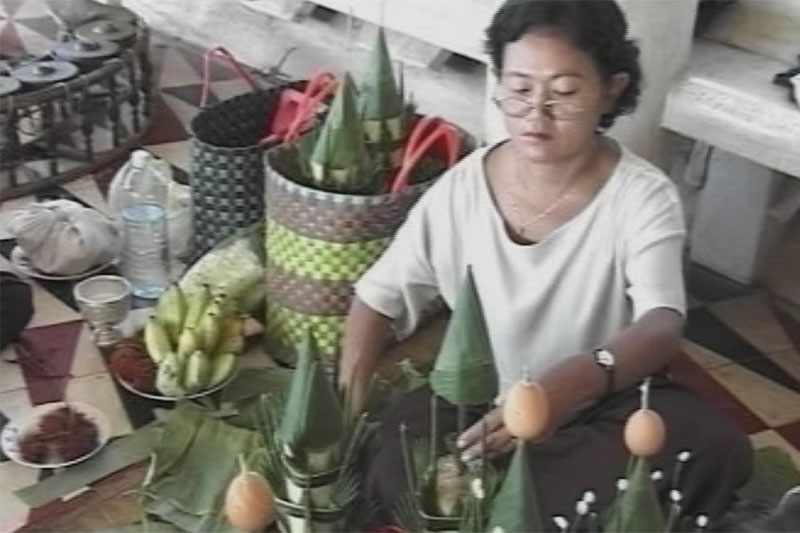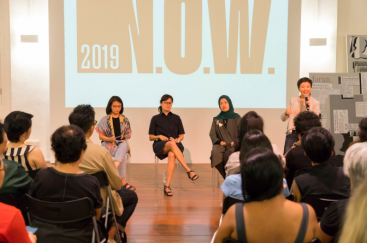
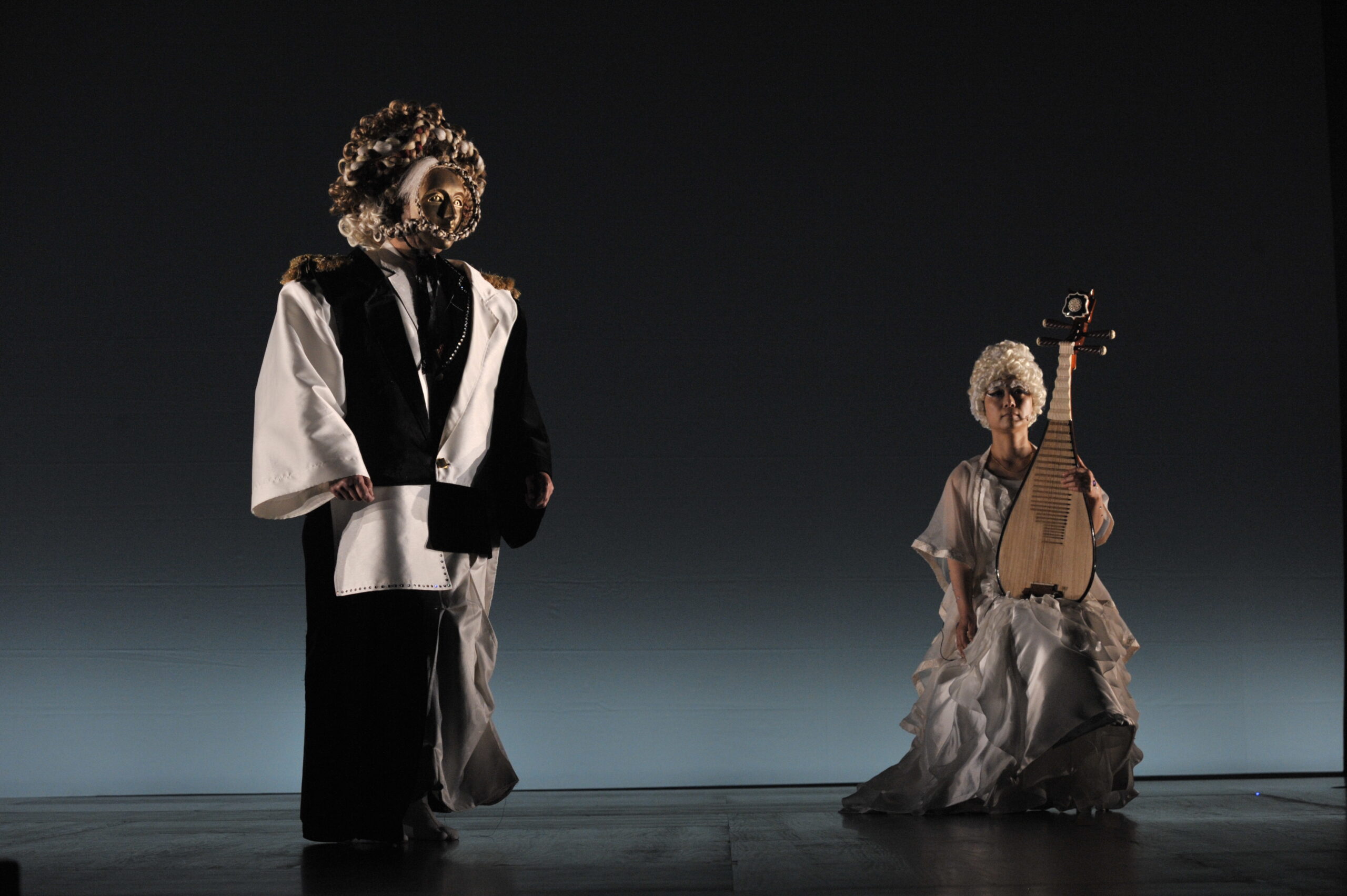






Key Words
Absent Mother, Adaptation, Aging, Appropriating Shakespeare, Appropriation, Asian Shakespeare, Asian Theatre, Beijing Opera, Biwa Music, China, Collaboration, Contemporary Asia, Contemporary Dance, Contemporary Japanese Theatre, Contemporary Music, Contemporary Theatre, Contextualization, Decolonisation, Differences, Emperor System, Encounter, Fashion, Female Impersonators, Gender Studies, Hip-Hop, Histories, Hybridity, Individual, Indonesia, Interweaving, Japan, Javanese Gamelan Orchestra, Juxtaposition, Killing The Father, King Lear, Malaysia, Mondialization, Multilingual Theatre, Multiplicity, Music Theatre, Negotiation, New Asia, New Millennium, Noh Theatre, Old Man, Older Generation, Patriarchy, Politics of Transcultural Performance, Pop Music, Randai, Rap, Reinvention As A Political Action, Reinvention Of Tradition, Representation Of Asia, Revisit, Shadows, Shite, Shuji Terayama, Silat, Singapore, Sumatran (Minangkebau) Music, Thailand, Touring Production, Tradition And Change, Traditional And Contemporary Continuum, Traditional Performing Arts, Transcultural Performance, Transdisciplinary Performance, Transgressing Authority, Translation, Umewaka Noh Family, Who Am I?, Xiaosheng, Younger Generation,About
Fifteen years after 1997, Ong revisits his Lear to create a new performance, distilled and visionary, entering one man’s mind, a past king and his memories – Lear Dreaming. In a present time where giants fall and lines of power are redrawn, Lear Dreaming reimagines this tragedy on patriarchy and succession through the pristine philosophy of Japanese Noh theatre. The turbulence of King Lear’s humanity, time’s passing, and transience become an allegory of the world today.
Lear was a groundbreaking intercultural theatre production based on Shakespeare’s King Lear. First produced by the Japan Foundation Asia Centre in 1997, the work premiered to critical reception in Tokyo, Osaka and Fukuoka. In 1999, it toured to six cities in the Asia Pacific region and Europe, including the Theater der Welt in Berlin. Ong’s Lear brought stunning discourse to the place of Asia and its art, both traditional and contemporary, and remains an internationally-referenced classic.
Presented as part of the Singapore Arts Festival 2012.
Tags
Printed Matter
Click on thumbnails to view high resolution files.
Related Programmes
Writers’ Lab – Community Project: Mixed; & Dramatised Reading (2017)
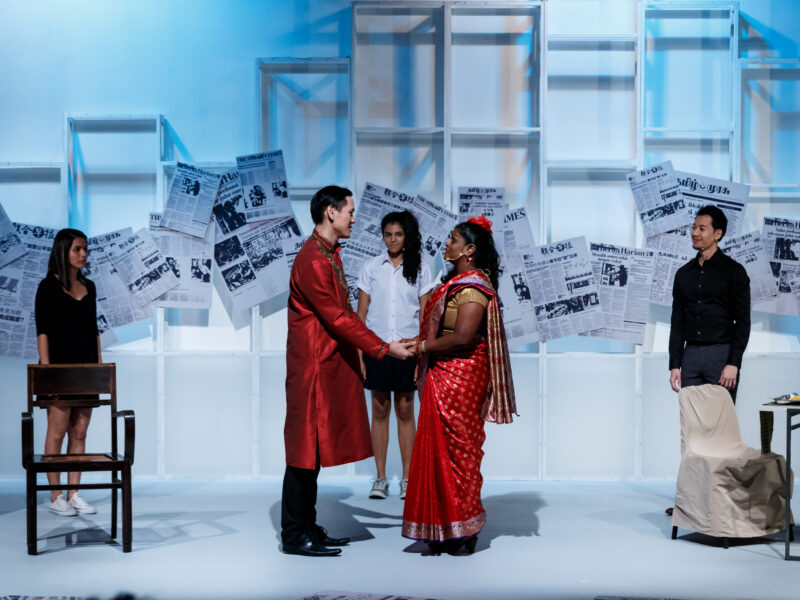
View details
Writers’ Lab – Lab Report 2 (The Free Voice) (1991)
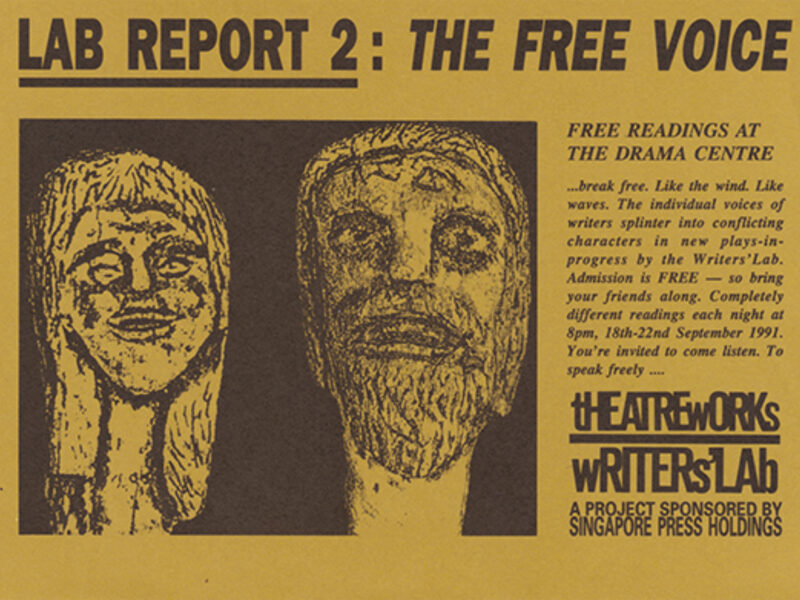
View details


The Continuum: Beyond The Killing Fields
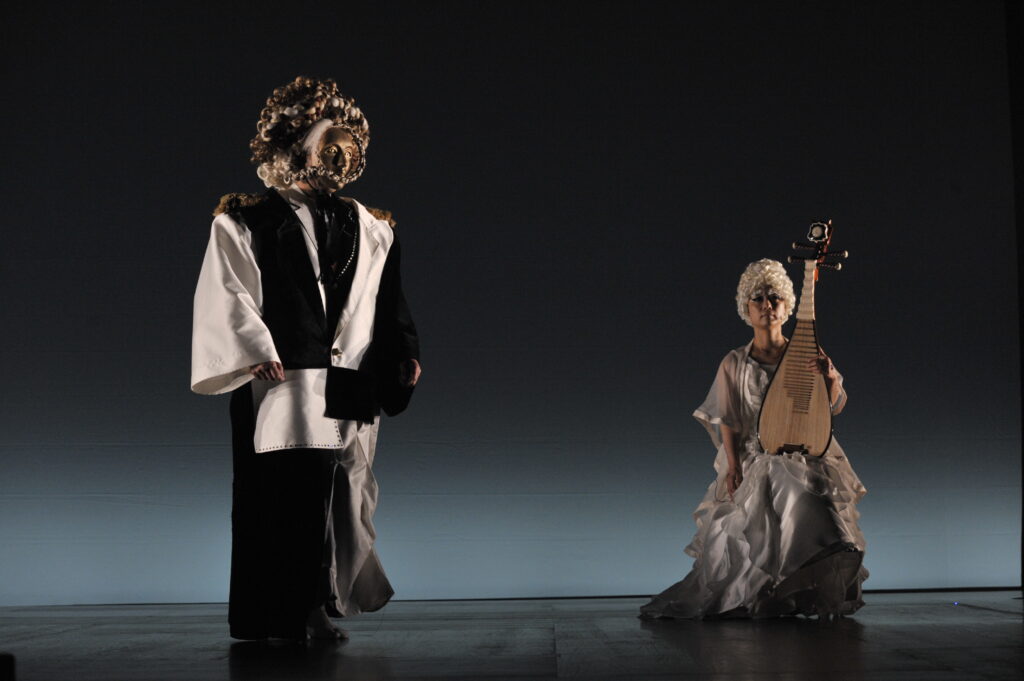
View details
Showing 1 programmes
Lear Dreaming
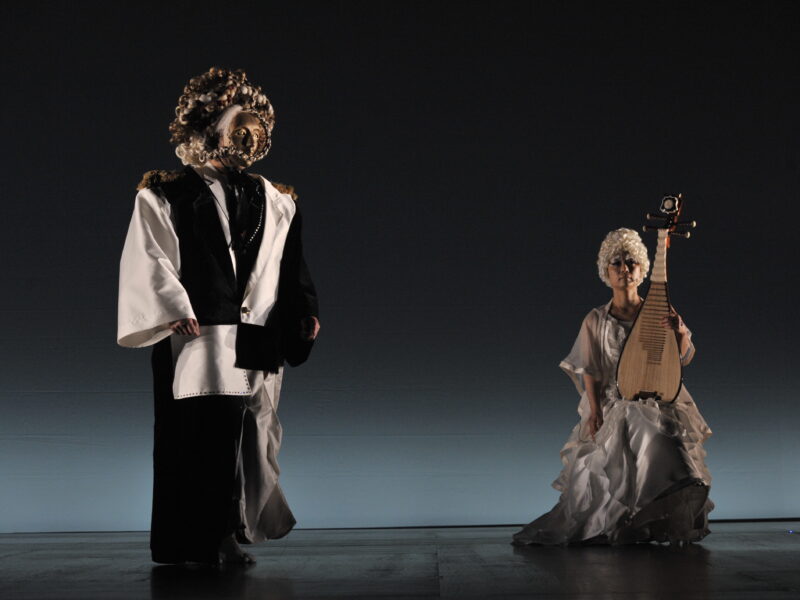
View details

